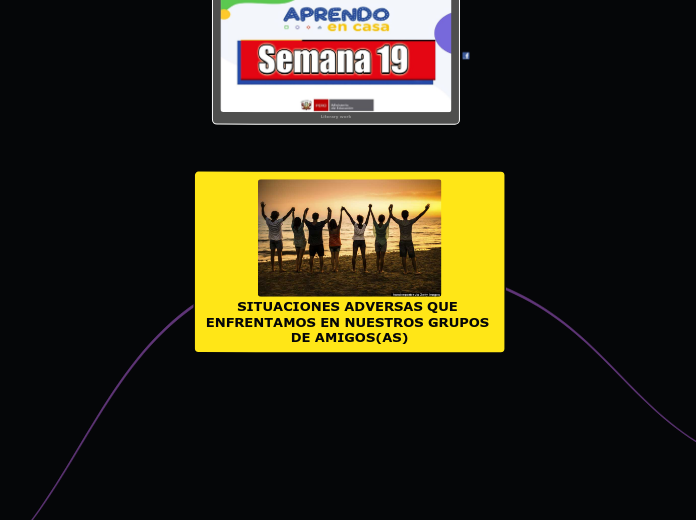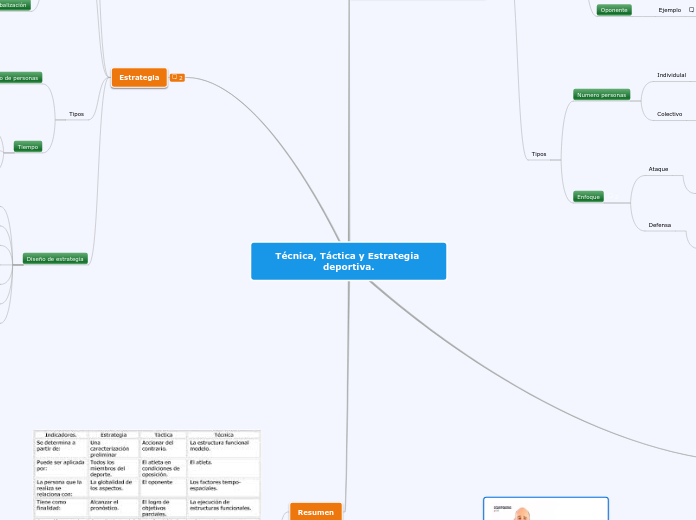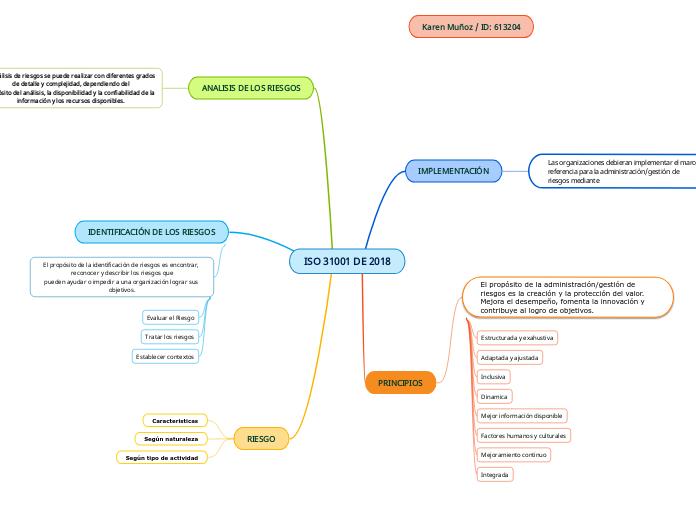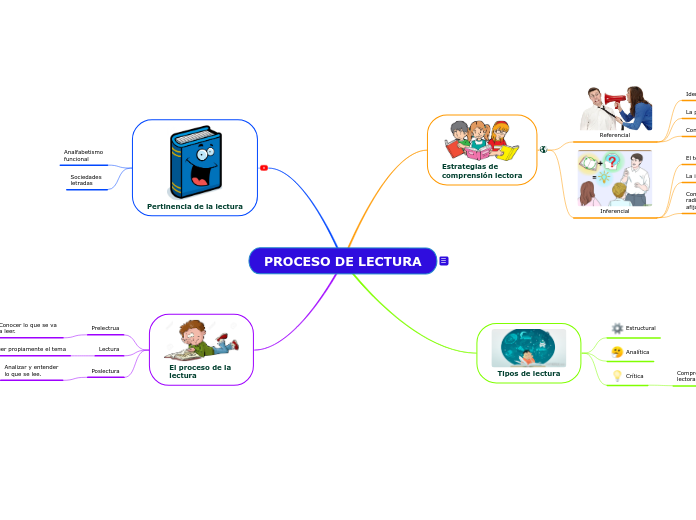Literary work
Title
Type in the title and author of the literary work that introduces the character.
Example: The Great Gatsby, by F. Scott Fitzgerald.
La evidencia para esta actividad 1 será:
IDENTIFICACION DEL TEMA, SUB TEMA E IDEAS PRINCIPALES DEL TEXTO MULTIPLE
La evidencia para esta actividad 2 será:
PRESENTACION DE TU TESTIMONIO
ACTIVIDAD
SITUACIONES ADVERSAS QUE ENFRENTAMOS EN NUESTROS GRUPOS DE AMIGOS(AS)
Name the character
Type in the name of the character whose change throughout the story you are going to analyze.
Example: Nick Carraway.
En esta actividad leemos y valoramos la empatía, tolerancia y resiliencia en las relaciones de los integrantes de un grupo de amigas y amigos realizando las siguientes acciones:
Character's behavior
Think of the character's behavior at the beginning of the story and look for the way it changed throughout the story.
Con base en el análisis de cada uno de los párrafos, podremos construir la idea principal de todo nuestro texto.
Realizamos una segunda lectura, párrafo por párrafo, que nos permitirá identificar los subtemas y las ideas principales (toma nota).
RECUERDA..
The reason for the change in behavior
What caused the character to change the first behavior you mentioned? Type in the reason for the change.
Example: 'because no one else was interested ', and he felt Gatsby shouldn't be left alone in his last moments.
Este proceso lo hacemos a través de la aplicación de la técnica del subrayado. Además, para identificar las ideas principales podemos aplicar las tres macrorreglas: supresión, generalización y construcción.
Para el subtema hacemos la pregunta: ¿De qué trata el párrafo?
Y para reconocer la idea principal nos preguntamos: ¿Qué es lo más importante que el autor me está diciendo sobre el tema?
Haremos una primera lectura de todo nuestro texto, esto nos ayudará a familiarizarnos con su contenido.
Change in behavior
How did the character change the first behavior you mentioned? Type in a quote to prove your statement.
Example: Nick assumes the whole responsibility for Gatsby's funeral arrangements, 'with that intense personal interest to which every one has some vague right at the end.'
Ubica el “Recurso 1: Hablemos de empatía, tolerancia a la diversidad y resiliencia para afrontar situaciones adversas en nuestro grupo de amigos” (disponible en la sección “Recursos” de la plataforma aprendo en casa); está compuesto por 3 textos (Empatía, la tolerancia a la diversidad y la resiliencia.)
Initial behavior
What is the character's behavior at the beginning of the story? Type in a relevant quote for your statement.
Example: Nick seems to be an honest person, calling himself 'one of the few honest people that I have ever known'.
.
Initial behavior
How does the character act at the beginning of the story? Type in a relevant quote for your statement.
Example: Nick shows his immature side as he leaves to New York in order to avoid 'being rumored into marriage' with his girlfriend.
En la segunda actividad, tu reto será planificar y escribir nuestro testimonio relatando las situaciones adversas que enfrentamos en nuestros grupos de amigas/os , para ello realizaras las siguientes acciones:
Character's feelings
Focus on the way the character's feelings are presented at the beginning and at the end of the story, while explaining why they have changed.
Escribimos nuestro
testimonio relatando cómo
es tu grupo de amigas/os, qué lo distingue, qué lo une y cómo sus integrantes
logran afrontar situaciones difíciles y respetar sus diferencias.
EJEMPLO
Al hacer el texto de tu relato, estarás plasmando en palabras,
frases y oraciones todas las ideas que planificaste, teniendo en cuenta el propósito,
el tema y el lenguaje de tu texto.
The reason for the change of feelings
Why did the character change his feelings? Type in the answer.
Example: the East lost its appeal due to the shallowness, carelessness and corruption.
Una vez que has realizado la planificación de tu testimonio, es momento de escribir
la primera versión de tu testimonio.
The reason for the change of feelings
What caused the character to change the first belief you mentioned? Type in the reason for the change.
Example: disgust towards the lack of morality in the Buchanan family.
Planificamos nuestro
testimonio relatando las situaciones adversas que
enfrentamos en nuestros grupos de amigas/os
Change of feelings
How did the character change the belief you mentioned?
Type in a relevant quote for his change.
Example: 'Winter night and the real snow, our snow(...)We drew in deep breaths of it . . . unutterably aware of our identity with this country for one strange hour before we melted indistinguishably into it again. That's my middle-west.' - Nick on the purity and integrity of Midwest.
Cuadro sinóptico
Change of feelings
In what way did the character change the feeling you mentioned?
Type in a quote to support your statement.
Example: 'They are a rotten crowd. You're worth the whole damn bunch put together.' - Nick criticizing the Buchanans.
Primero, lee el testimonio de Arturo Hernández
(Recurso 1), que
encontrarás en la sección de “Recursos” de la plataforma Aprendo en casa.
Quote
Initial feelings
How does the character feel about a certain subject at the beginning of the story? Type in a relevant quote to support your statement.
Example: "Reserving judgements is a matter of infinite hope."









